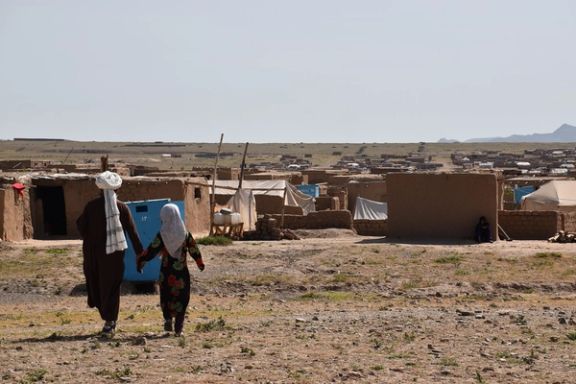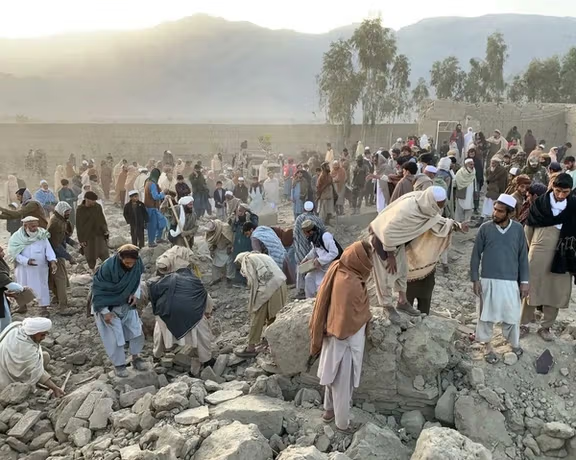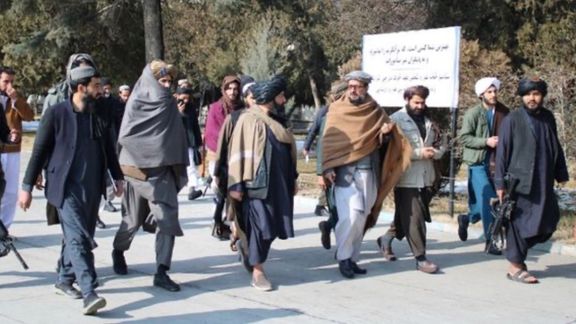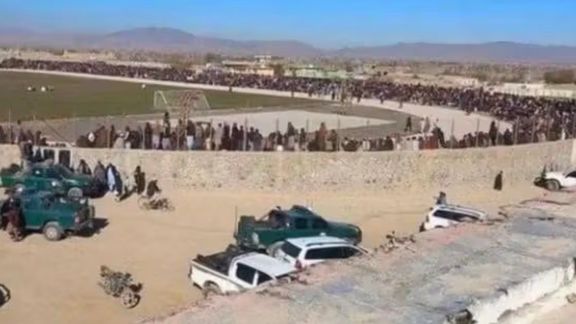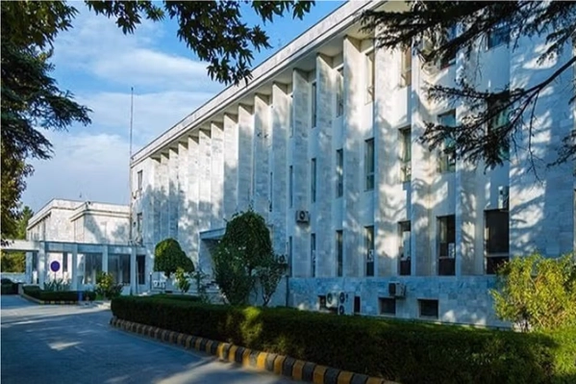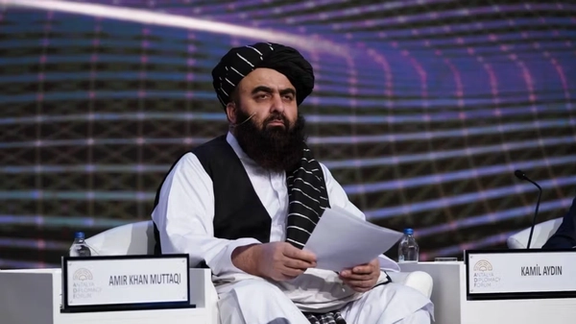The report, released Thursday, 2 October 2025, said the Taliban have failed to manage the country’s economic collapse, while poverty and deprivation are worsening. The reduction in international assistance and the withdrawal of aid organisations have placed a heavy burden on vulnerable Afghans, particularly women and girls.
The Crisis Group stressed that unless the Taliban show flexibility on issues such as women’s rights, the country’s economy will continue to deteriorate. It noted that even some pragmatic Taliban leaders privately acknowledge that Afghanistan cannot progress as long as religious authorities block education for women and girls.
The report also cited concerns about aid diversion, saying Western governments suspect some aid recipients of being aligned with the Taliban. Donors have privately accused UN staff and NGOs of acting as “Taliban sympathisers.”
The organisation highlighted the lack of transparency in the Taliban’s budget, noting that religious scholars in Kandahar are reviewing all laws and regulations inherited from previous governments to align them with Islamic principles. This process, it said, has hindered officials in Kabul from drafting economic programmes.
The concentration of power in the hands of Taliban leader Hibatullah Akhundzada in Kandahar, coupled with limited decision-making authority for officials in Kabul, has intensified the lack of transparency, the report said.
An Afghan investor cited in the report said he was offered a lucrative mining contract but refused to invest due to uncertainty and lack of transparency, closing his offices in Kabul and several provinces.
The Crisis Group said donors view the absence of transparency and accountability as a major barrier to cooperation with the Taliban, but Taliban officials often treat foreign calls for reform with disdain.
It added that in late 2024, the Taliban considered expelling all foreign NGOs and questioned the role of the UN mission in Afghanistan following critical reports.
The organisation concluded that Afghanistan risks becoming increasingly isolated, with the roots of the crisis tied to the Taliban’s Kandahar-based leadership, which favours reducing engagement with the outside world rather than expanding it.
